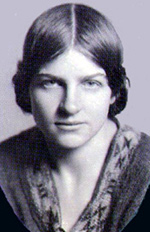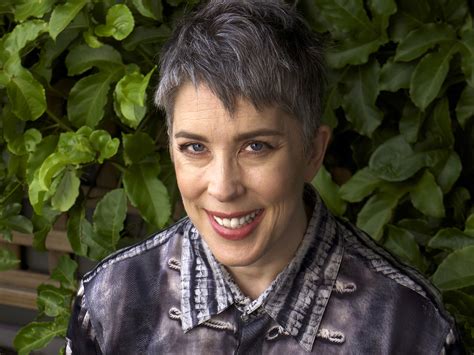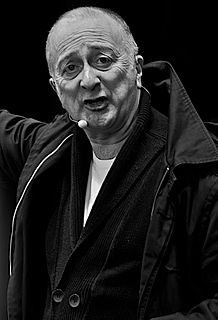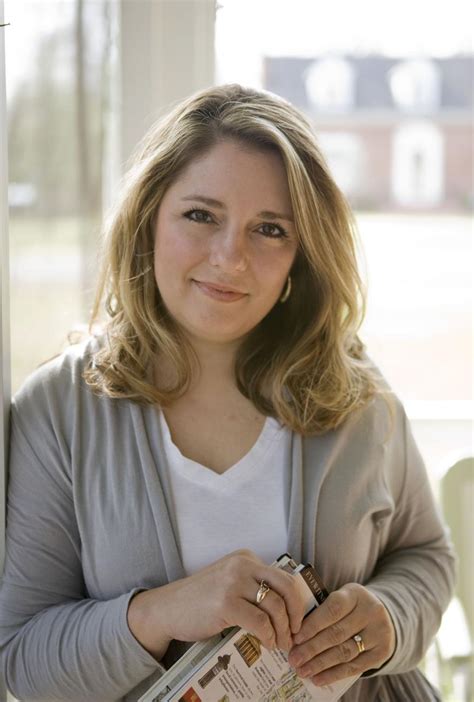A Quote by Naomi Mitchison
I read a lot of archaeology and early history in a general way, not thinking particularly of this book, and this provided me with the background. It showed me how, possibly, the people lived back then.
Related Quotes
Archaeology in general is the recovery and study of the material culture of past civilizations. Biblical archaeology is as an application of the science of archaeology to the field of biblical studies. Through the comparison and integration of Scripture with the evidence of history and culture derived from archaeology, new insights into the biblical context of people and events, and sometimes the interpretation of the text itself, are possible. In this way archaeology serves as a necessary tool for biblical exegesis and for apologetic concerns.
I re-read The History of White People by Nell Irvin Painter. It's a book every one should read, particularly Americans, as the USA is her primary focus. Her book demonstrates that white is not universal, that white is not neutral, that it has a history, which she eloquently delineates. It's not often you finish a book understanding how the world operates better than before you read it.
My parents read to me a lot as a kid, and I started writing very early, probably spurred on by Aesop's fables. Then they gave me The Lord of the Rings way too early for me to fully understand what I was reading, which was actually kind of cool. It was almost better - comprehension's overrated when you're reading.
I'm finding that people reading the book [The Heroin Diaries: A Year In The Life Of A Shattered Rock Star] are saying, "You came from one background, I came from this background - you were a rock star, I was a CEO. I didn't have a heroin/coke problem, but I had a pill problem. But I also fell from grace, didn't know how to get recovery, and I am now in recovery." People tell me that their kids read it and told them they'll never do drugs - "This book really shows me where it goes."
Going to the school to meet the visually impaired was special. I thought I was inspiring them. I was thinking what I could possibly say to inspire them. Instead of me inspiring them, I felt they inspired me. They showed me how much courage they have, and how hard these teachers are working for these children. They made me feel like I don’t have any problems in life. It gave me uplift. They made me feel so great.
I read everything. I'll read a John Grisham novel, I'll sit and read a whole book of poems by Maya Angelou, or I'll just read some Mary Oliver - this is a book that was given to me for Christmas. No particular genre. And I read in French, and I read in German, and I read in English. I love to see how other people use language.
The book, as it stands, seems to me to be one of the most frightful muddles I have ever read, with scarcely a sound proposition in it beginning with page 45 [Hayek provided historical background up to page 45; after that came his theoretical model], and yet it remains a book of some interest, which is likely to leave its mark on the mind of the reader. It is an extraordinary example of how, starting with a mistake, a remorseless logician can end up in bedlam.
When I was a little bitty kid, my aunt showed me how to play a little boogie. It took me years. I had to play the left-hand part with two hands, because my hands was so little. Then as I grew up and I learned how to play the left-hand part with one hand, she showed me how to play the right-hand part, and et cetera. My Uncle Joe showed me how to play a little bit different boogie stuff. I had people in my family that was professional musicians, but I just wasn't interested in what they did. I wasn't very open-minded to a lot of music that I'd be more open to today.
I would not want to forget the first time I read The Lord of the Rings. I would never want to forget that! That was so magical to me, and that was a real eye-opening experience. I was probably 11 when I read that and already a reader, but I think that book really showed me how you can be transported and how your imagination can take you to a whole other place.
When I Asked God for Strength He Gave Me Difficult Situations to Face When I Asked God for Brain & Brawn He Gave Me Puzzles in Life to Solve When I Asked God for Happiness He Showed Me Some Unhappy People When I Asked God for Wealth He Showed Me How to Work Hard When I Asked God for Favors He Showed Me Opportunities to Work Hard When I Asked God for Peace He Showed Me How to Help Others God Gave Me Nothing I Wanted He Gave Me Everything I Needed.






































